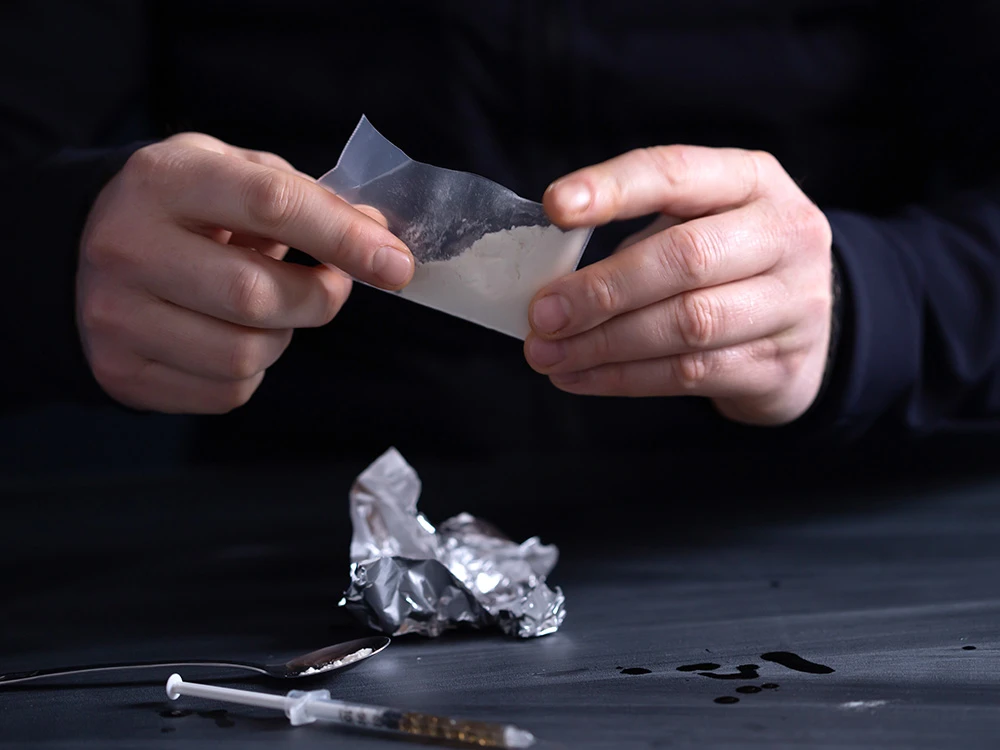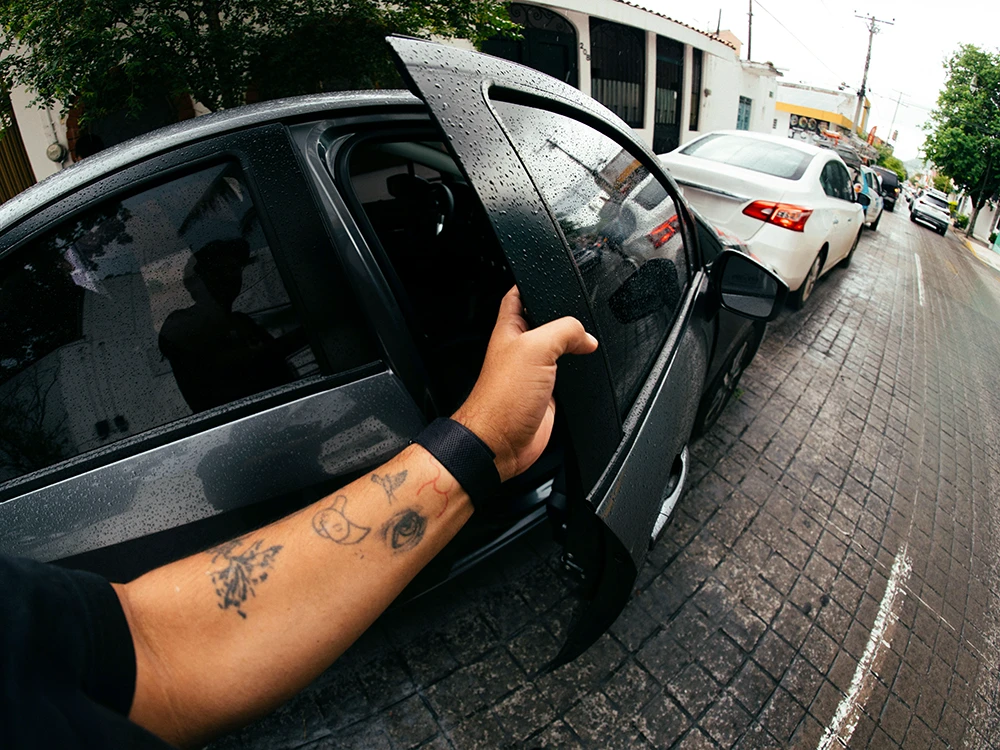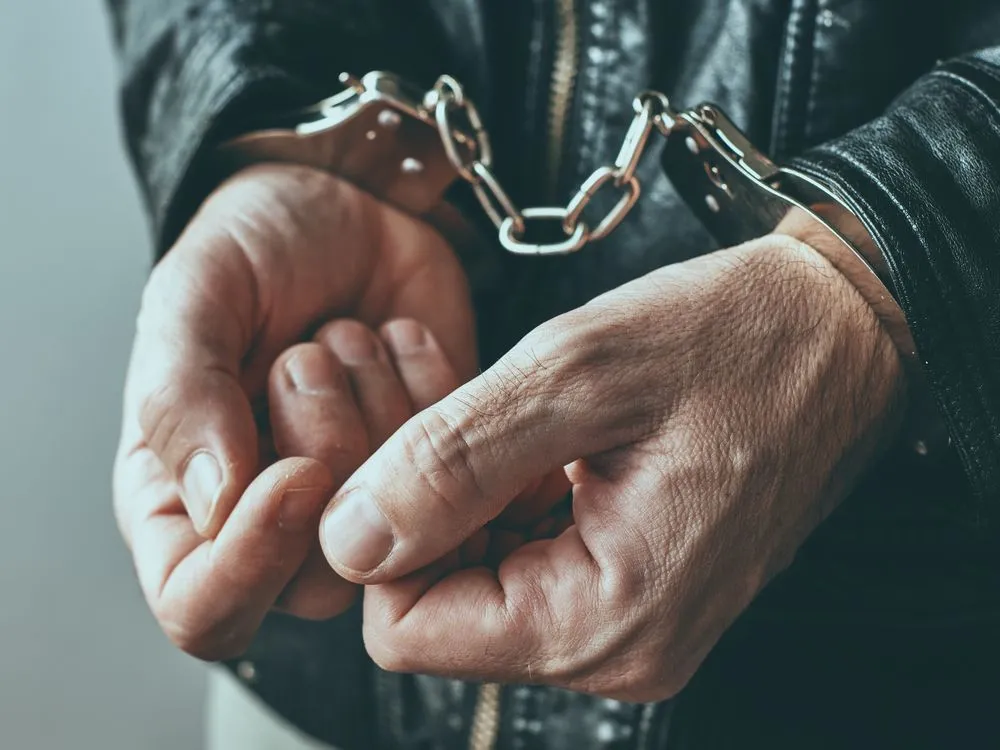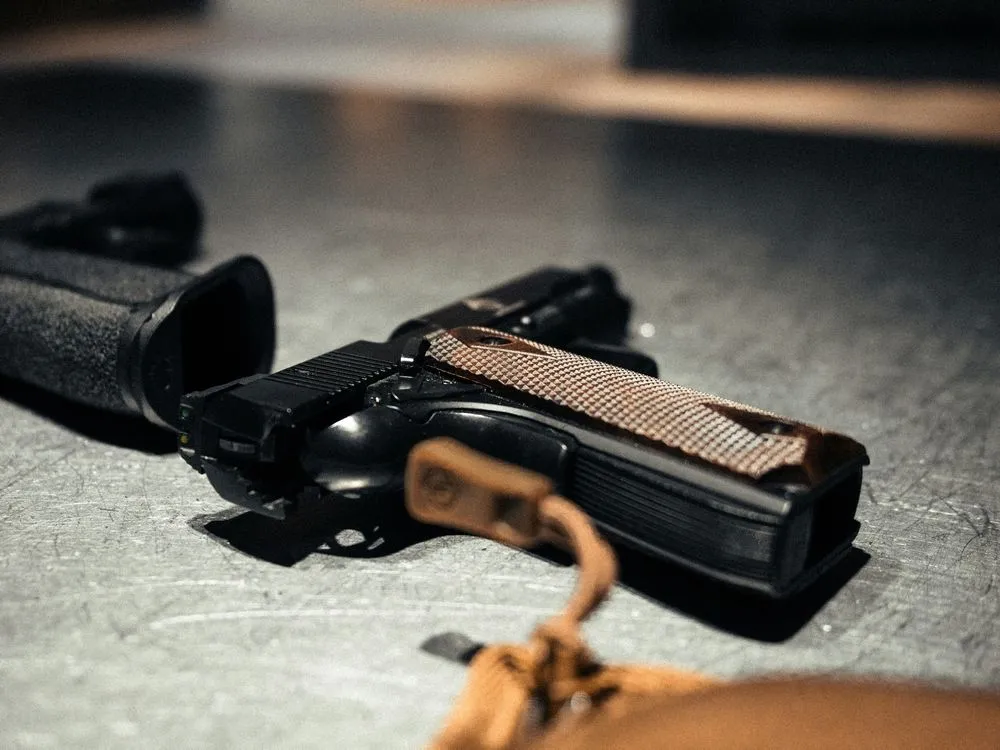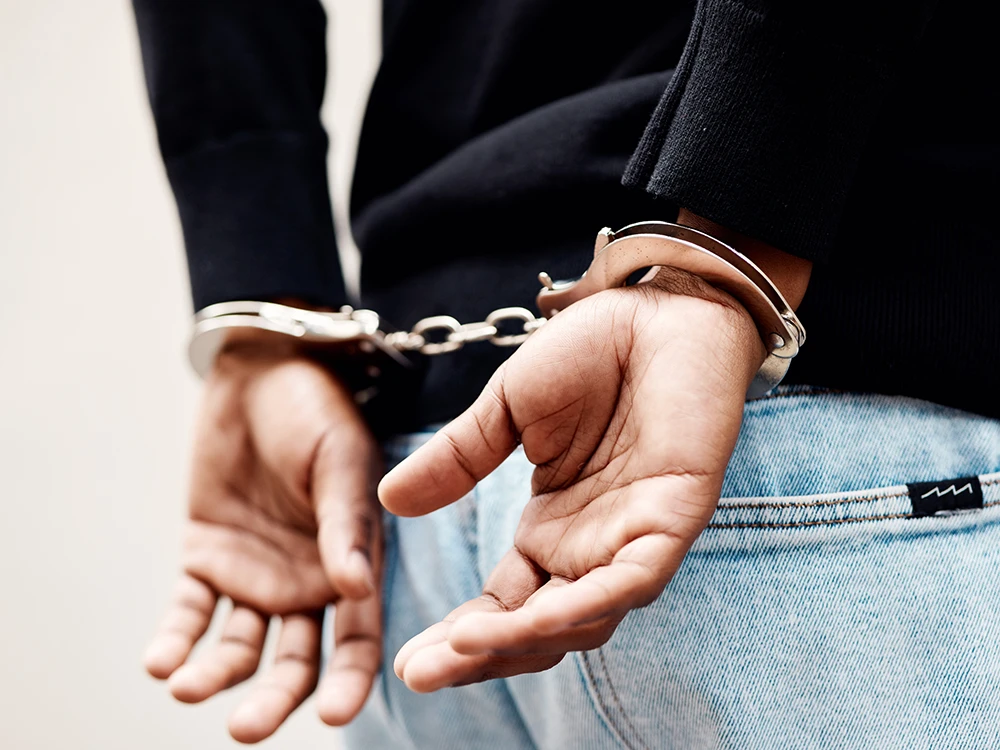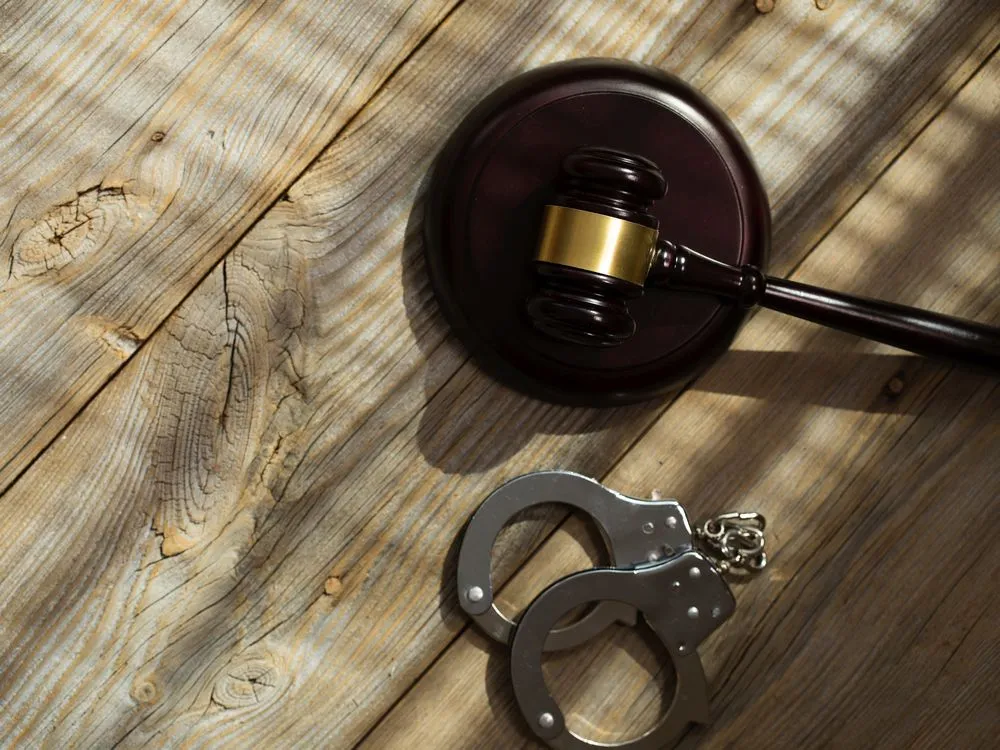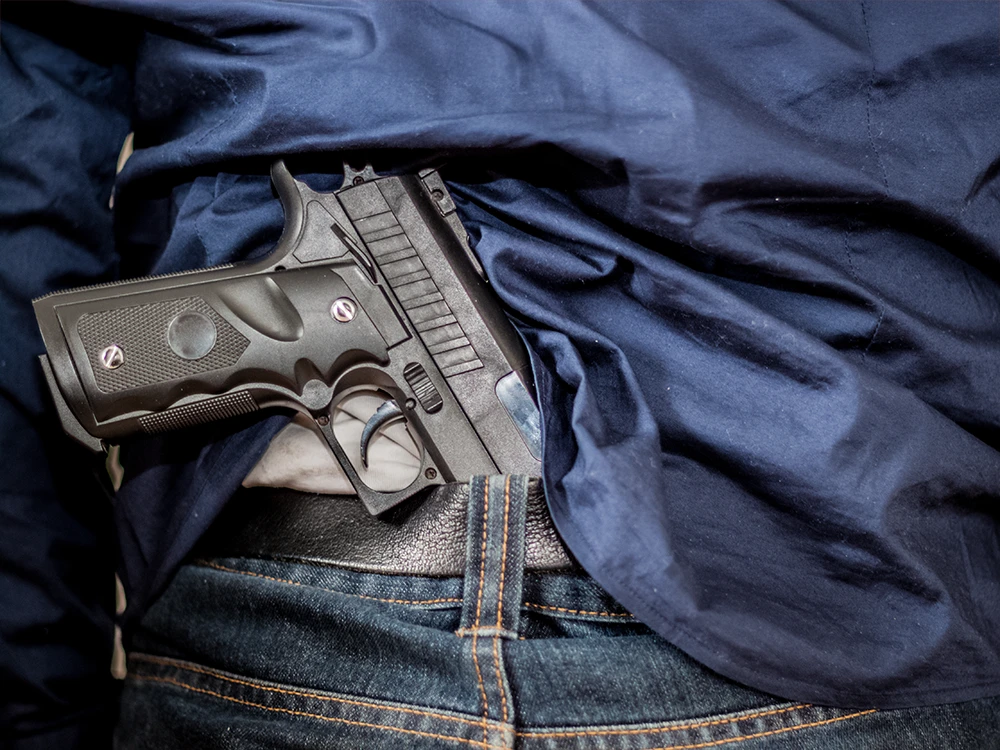The Fifth Amendment of the Constitution provides that a defendant can only be convicted of the crimes charged in the indictment. In some cases, the court will allow a conviction despite the fact that the evidence produced is insufficient to prove the specific crime listed in the indictment. A conviction for a crime other than the crimes listed in the indictment is often based on a constructive amendment of the indictment which is impermissible and can result in a reversal of the conviction.
The United States Court of Appeals for the Eleventh Circuit recently explained the grounds for a reversal based on a constructive amendment in a case where the defendant was convicted of conspiracy to distribute one of the four drugs listed in the indictment. If you are charged with a crime and currently live in Tampa, it is wise to obtain the services of a skilled Tampa criminal defense attorney to help you seek the best possible legal outcome under the facts of your case.
The Defendant’s Indictment and Conviction
Reportedly, the indictment charged the defendant with conspiring to distribute a controlled substance. The indictment listed four drugs as the controlled substances the defendant allegedly conspired to distribute. Following a trial, the jury found the defendant guilty of conspiring to distribute as to only one of the drugs listed. The defendant appealed, arguing that the court constructively amended the indictment to allow the government to obtain a conviction due to evidence that the defendant conspired to distribute only one of the drugs rather than all four.
 Tampa Criminal Lawyer Blog
Tampa Criminal Lawyer Blog










